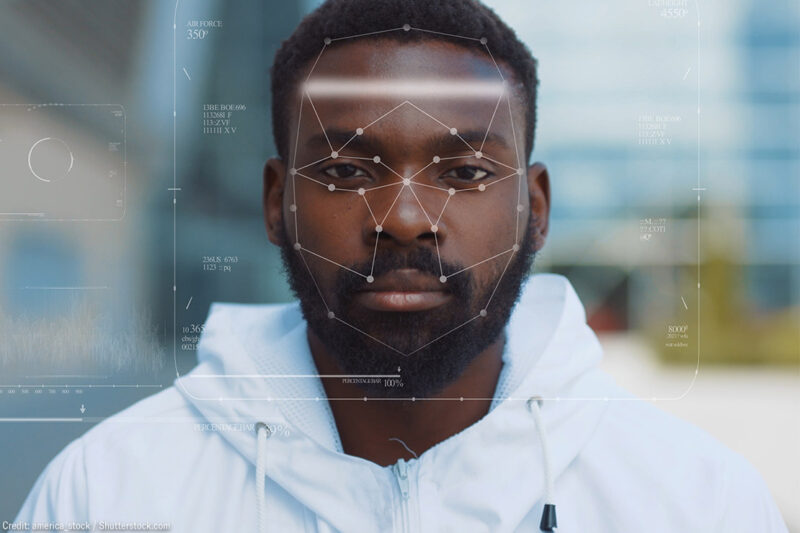

Special to the Vanguard
San Francisco, CA – Secure Justice announced this week that they have filed a lawsuit against the city and county of San Francisco and its police department for violating a ban on the city’s use of facial recognition technology, among other violations.
According to a release from the group, the San Francisco Board of Supervisors overwhelmingly supported the ban on use of facial recognition technology. They were quickly joined by neighboring cities like Berkeley, Alameda, and Oakland—which joined San Francisco in “prohibiting the use of this harmful technology that already has led to civil rights lawsuits across the country.”
“Following the Bay Area’s lead, jurisdictions at all levels across the country began banning the use of facial recognition tech by police. The United Nations and European Union have also recently called for prohibition on the use of this technology,” said Sameena Usman, Senior Government Relations Coordinator for Secure Justice—a nonprofit  that advocates against state abuse of power.
that advocates against state abuse of power.
Usman added, “We strongly advocated for these laws preventing use of a racist, inaccurate surveillance technology, and I am confident that Secure Justice will help ensure that these laws are followed.”
“The San Francisco Police Department expects the public to play by the rules, but too often ignore the fact that they too are bound by rules. Instead, they decided to do multiple end-runs around a serious ordinance that they don’t like because it forbids them from using a new technology that is fundamentally flawed,” said the Racial Justice Committee, an affinity group at the San Francisco Public Defender’s Office, in a statement.
They continued, “Facial Recognition Technology will invariably be used against Black, Brown and other people of color whom it is most likely to make mistakes in identifying, which has been both shown in studies and in real life examples around the country of innocent people being wrongly accused of crimes they did not commit.”
“Of course we want violent crimes to get solved, but not at any cost. Due process protections exist for legitimate reasons, including preventing innocent people from losing their life or liberty,” said Brian Hofer, Executive Director of Secure Justice.
Hofer added, “We’ve already seen confirmed unlawful arrests and incarceration due to the use of this error-prone technology—and all but one of the victims have been Black individuals. By the police department violating the law, it now calls into question the integrity of any case they forwarded to the District Attorney since the ban went into effect in the summer of 2019. If the District Attorney has to dismiss these cases because of Brady violations, the SFPD itself has harmed public safety and they need to be held accountable.”
